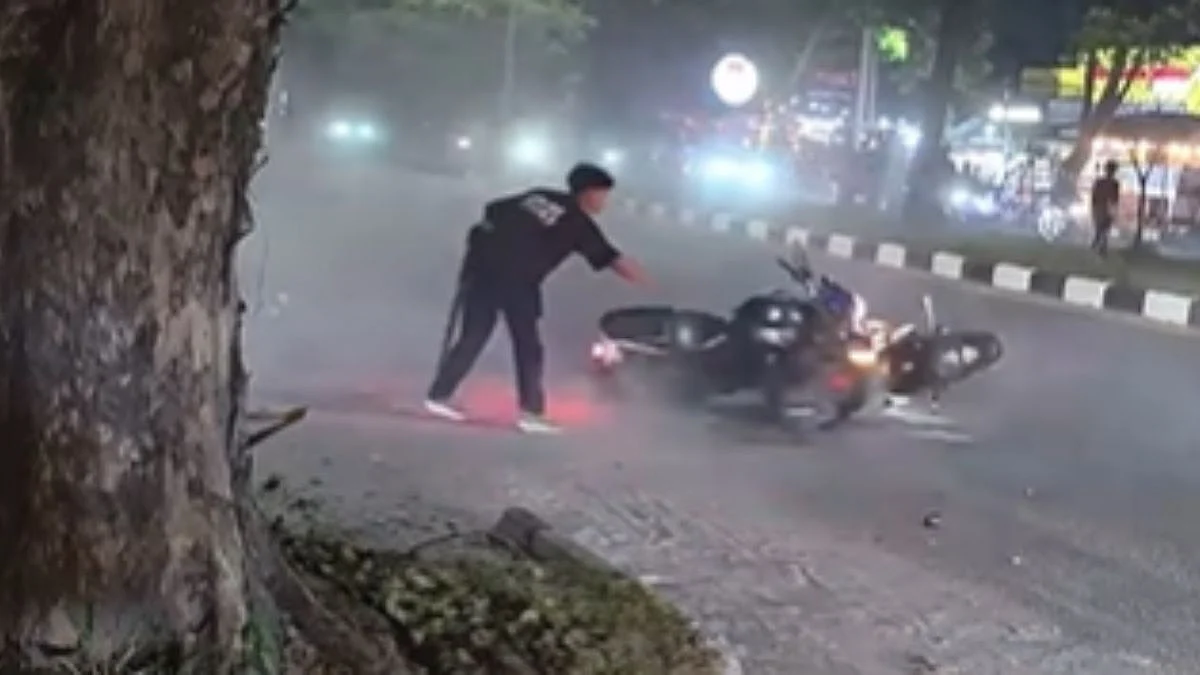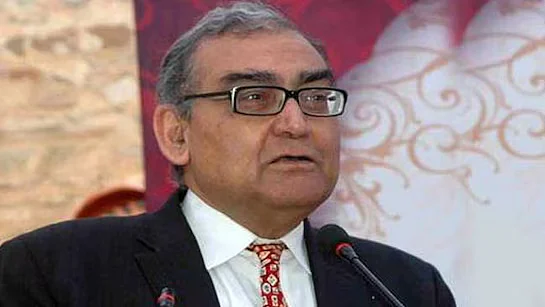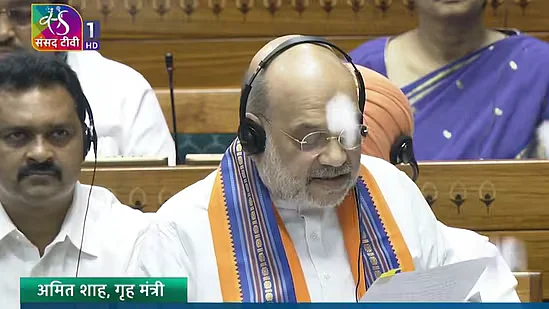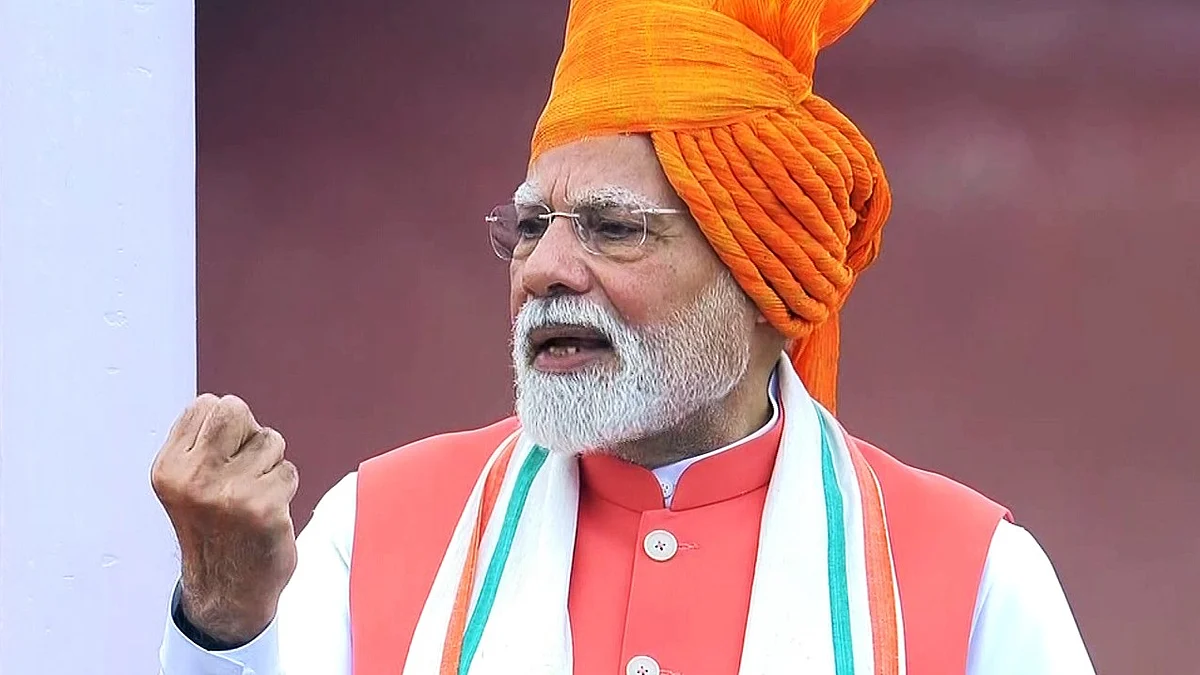The signals from the highest courts in the land are getting loud and clear. In case after case and in court after court, the learned justices have upheld the right to protest of common citizens, held that expression of dissent in a democracy cannot be held as anti-national activity and that the government needs to apply its mind while invoking powerful penal provisions in the law.
The Supreme Court’s significant observations on the application of archaic laws like the sedition law to suppress all form of dissent and criticism, while quashing the case against journalist Vinod Dua, have now been followed up by the Delhi High Court granting bail to student activists Asif Iqbal Tanha, Devangana Kalita and Natasha Narwal in a case slapped on them under the Unlawful Activities (Prevention) Act for their alleged role in organising a conspiracy to defame the government under the guise of civil protest against the Citizenship Amendment Act.
While holding that the charges filed on the threesome under Section 15 of the UAPA (Terrorist act), Section 17 (Punishment for raising funds for terrorist act) and Section 18 (Punishment for conspiracy) lacked sufficient evidence to support them, the two-judge bench comprising Justices Siddharth Mridul and Anup J Bhambhani observed that the right to protest could not be outlawed and termed as a 'terrorist act' under the UAPA, unless the specific allegations made in the charge sheet justified invoking the stringent provisions of the Act. Dismissing the prosecution’s argument that acts which are “likely to strike terror” could be construed as terrorist acts, the court upbraided the police for making “frivolous use” of the UAPA.
The Supreme Court had similar observations to make against the rampant use of the sedition law to squash legitimate criticism and to prevent the media from effectively carrying out its role in a democracy. Last month, while restraining the Andhra Pradesh police from taking any coercive steps against two television channels slapped with sedition cases for carrying stories critical of AP Chief Minister Jagan Mohan Reddy, the apex court observed that “we are of the view that the ambit and parameters of the provisions of Sections 124A, 153A and 505 of the Indian Penal Code would require interpretation, particularly in the context of the right of the electronic and print media to communicate news, information”.
Days later, while quashing a sedition case filed against journalist Vinod Dua in Himachal Pradesh, the SC observed that every journalist was entitled to protection under the Kedar Nath case judgment, which had said that comments, “however strongly worded, expressing disapprobation of actions of the Government, without exciting those feelings which generate the inclination to cause public disorder by acts of violence, would not be penal”. In other words, without an overt call to violence and disorder, the provisions of Section 124A of the Indian Penal Court covering sedition will not apply. Similarly, the Allahabad High Court also recently threw out sedition charges against two persons accused of distributing pamphlets in protest against the CAA.
While the courts have been cracking down more strictly on the misuse of draconian laws like Section 124A and the UAPA, it must be noted that both the Centre and state governments of every political dispensation have resorted to these laws in a bid to stifle not just dissent but even criticism of their actions. The Editors Guild of India, while echoing the Supreme Court’s “concerns over the chilling effect that sedition laws have on free media and on our democracy”, has also pointed out that the manner in which such laws are implemented by law enforcement authorities in different parts of the country, leading to pre-trial incarceration where the process itself becomes the punishment, also needs further intervention by the apex court.
The message is clear. The courts have called out the government’s attempt to conflate terrorism and mere dissent, and have repeatedly signalled that they will not tolerate the misuse of the onerous provisions of the law in frivolous or trivial matters. It is now up to the political class to heed the message and take the appropriate next steps. For starters, the colonial era provision against sedition has been used time and again to suppress all forms of criticism and dissent, essential to the proper functioning of any healthy democracy.
As far back as 2018, the Law Commission had asked for the sedition laws to be dropped from the statute book. The continued failure to do so only reflects the desire of the political class as a collective to shield itself from any criticism of its actions by misusing such laws. It is also a strong indictment of the police forces of the country, who, far from being guardians of the law, have become mere puppets of their political masters, actively colluding with them in the suppression of free speech and dissent.










